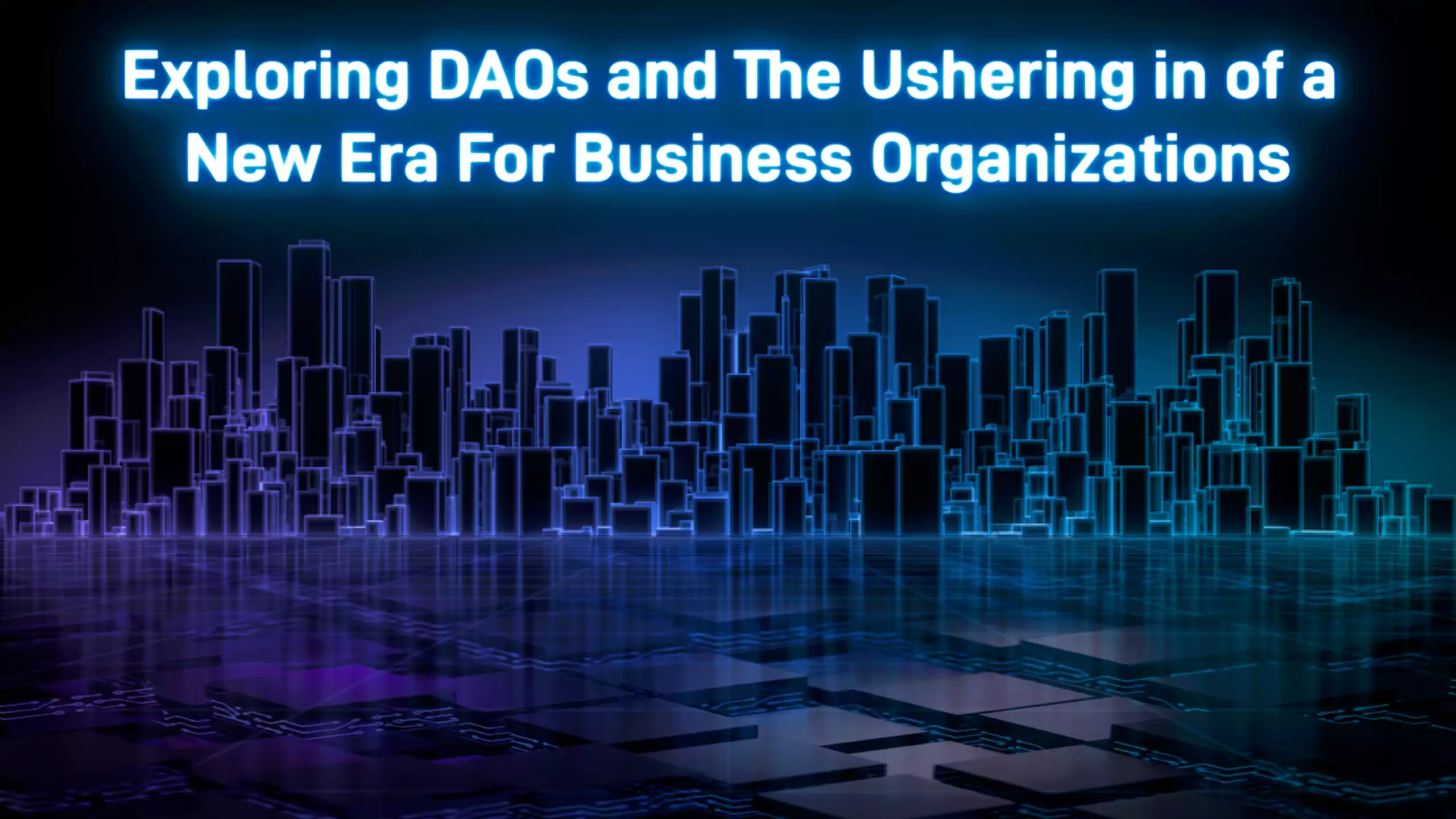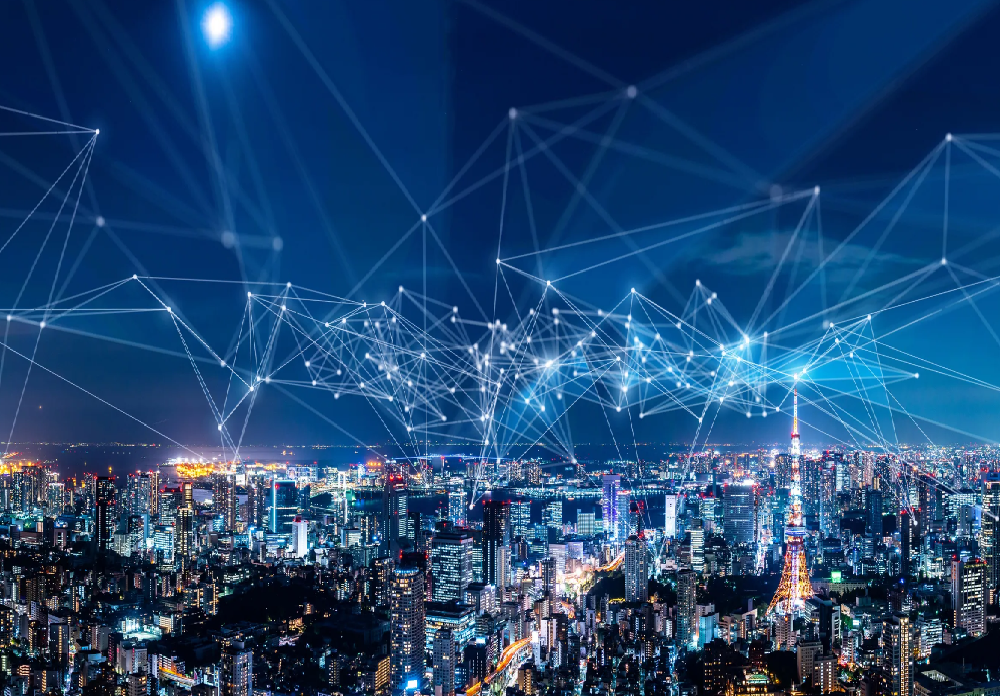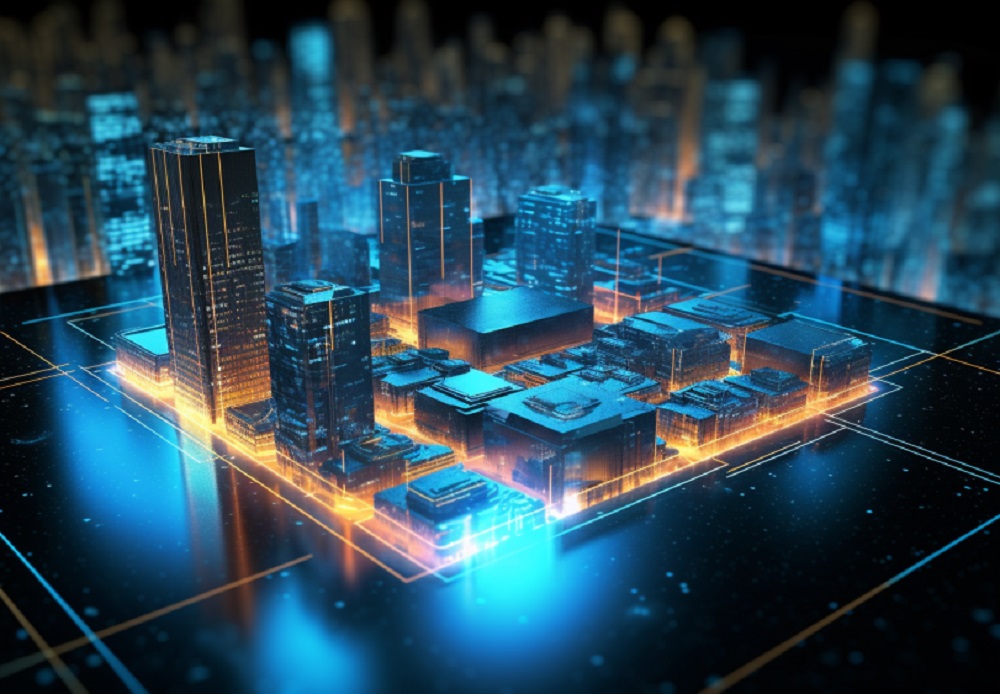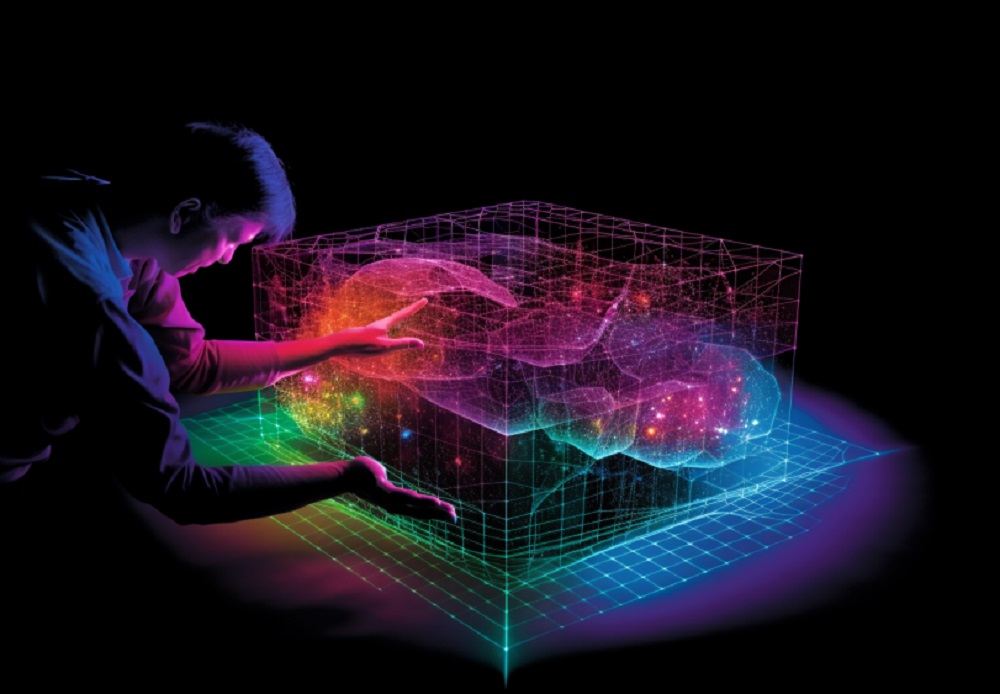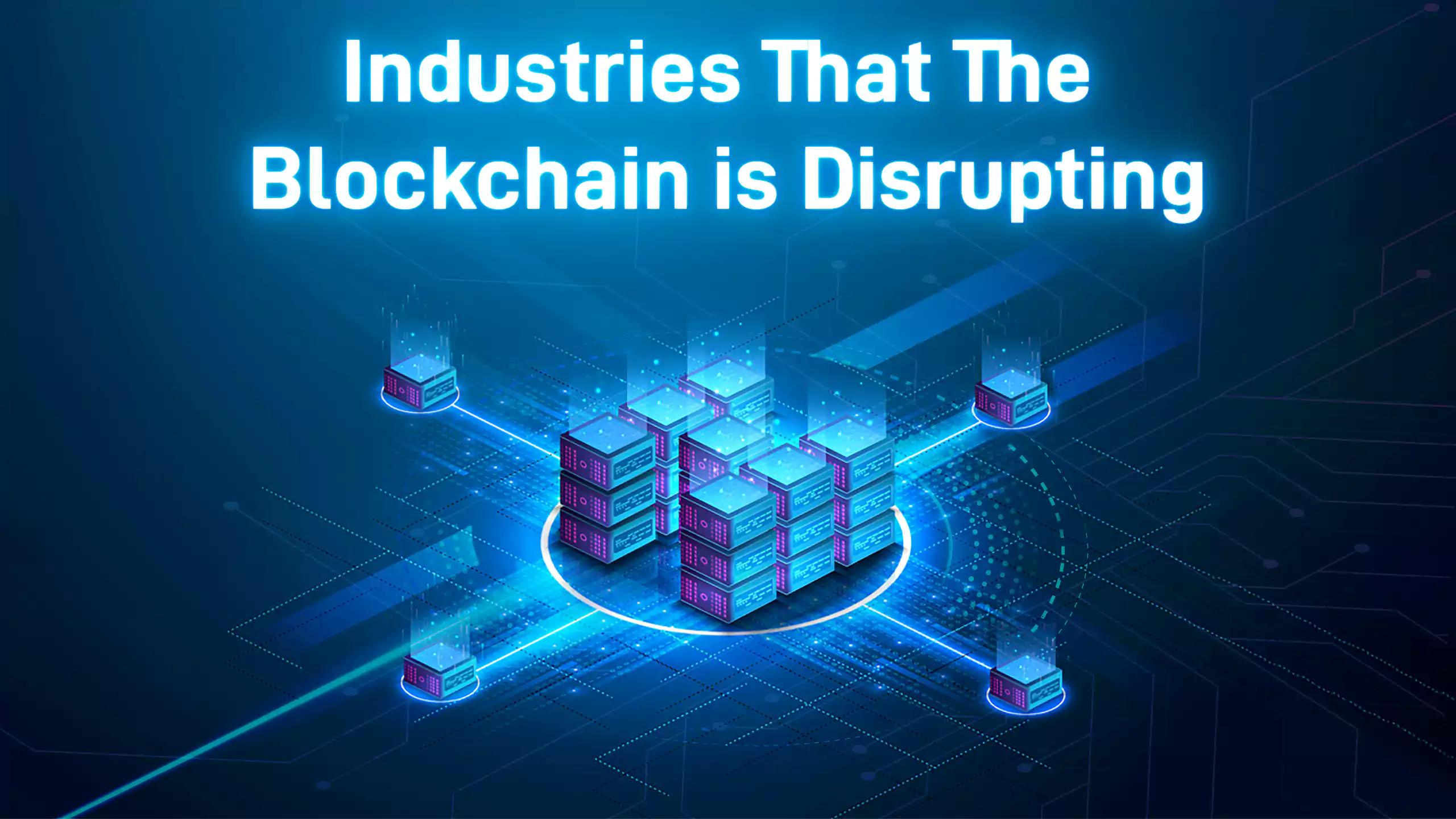The fun part about disruptive innovations is their lag times. And specifically, the lag times between stimulus and response. Remember a time when you didn't see what hit you because it was stealthy or because you undermined its capacity? And perhaps you were forced in 0.3 seconds flat to break from convention and improve on your existing protocols to remain relevant? Today the Decentralized Autonomous Organization (DAO) system is fast becoming lionized in the business space; it is sought after by organizations like a trendy upscale nightclub. If you are one of those who need all the gist of it in order not to be left out, then this article is for you.
What is a DAO?
Imagine a method of organizing people globally without a prior relationship, establishing rules, and making decisions autonomously, all encoded on the blockchain. At first glance, this might seem impossible, but DAOs are making this real. They allow people from all walks of life to pool money together for a specific project that would have been difficult for an individual to accomplish independently. Recently, we have seen DAOs make significant purchases and amass a huge portfolio of collectibles and digital assets showing the endless opportunities available.
DAOs stand for a new dawn of possibilities and opportunities for extensive and concerted community engagements in business organizations. Built on transparency, publicity, and immutability, a DAO is an organization bound by charters, bylaws, or rules and encoded as programs on a blockchain. Here, participants control the organization, with higher authorities or central governments practically nonexistent. Since smart contracts are employed in coming up with the rules and executing the unanimous decisions of the members, it is safe to say that it forms the basis of a DAO. In addition, amendments to the rules and proposals are subject to the approval of a majority of the validator nodes or governance tokens.
How Are DAOs Changing the World?
Although at their toddler stages, more emerging technologies that promise to redefine the world have arrived. Cryptocurrencies, non-fungible tokens (NFTs), DAOs, and the metaverse, will characterize a new generation of the internet, Web 3.0, utilizing blockchain technology for decentralization. Cryptocurrencies are changing the way monies are handled globally, and NFTs are promoting digital assets and impacting the art industry. Likewise, DAOs are transforming the way we organize and structure work environments. Many businesses and organizations keep searching for the answers to optimize work, increase participation and eliminate bias. Well, DAOs are the novel answers to that.
DAOs have proven advantageous for several reasons: they enjoy a high level of autonomy, are not tied down by self-centered leadership, do not require unnecessary bureaucracy, and provide clear and predictable outcomes through smart contracts. Also, as an emerging technology, it is largely unregulated; this makes it easier and less overwhelming to establish than a typical traditional business organization where formalities are required.
The transparency applicable in DAOs could be seen in the fact that everything, including votes, codes, and proposals, is audited. In DAOs, a win for one is a win for all. Community members understand that their opinions and matter count; therefore, they are incentivized to participate actively and exert power on key decisions that will lead to its success. As a decentralized community, there is no reliance on the entrepreneurial or managerial acumen to govern the project. Instead, all nodes would rely on one another, with no final executive say. There is no chief executive officer, Chief Operating Officer or even a Board of directors.
How Do DAOs Work?
Traditional operations have always been the go-to: private operations, a governing board of directors, executives, advisors, and more who edit or influence the rules in the organizations and direct activities. Companies also have third parties in their financial transactions and legal teams to oversee negotiations and other businesses. And why not? People spend years studying and practicing to get these roles. However, Decentralized Autonomous Organizations are community-driven initiatives that enable token holders to be the decision-makers in the running of the protocol. Instead of centralizing control and decision-making, DAOs enable more people to determine what would happen with the project at hand and not only a select group of people. In addition, the DAO provides users with a built-in paradigm for communal code management. The rules are encoded as a transparent computer program managed by the organization's members and not by a central government.
This system is currently used for charity organizations, investments, fundraising, NFT purchasing, and even borrowing. It enables mass participation, with individuals from all over the globe organizing without knowing each other, defining their rules, and making their own choices, all while using a Blockchain. It promotes the exchange of values in a secure setting and trusted environment.
Unlike traditional operations, the DAO system takes power out of any sole party and places it with everybody, giving everybody a unique voice. Furthermore, the system utilizes smart contacts, which are the rules entered by each individual, and financial transactions of the organization, which are recorded on the blockchain. As such, they cannot be edited without the knowledge of every participant, thus promoting a public but transparent system rid of any bias. And because everybody is a partner in the organization, a legal arm is unnecessary. To achieve these, the DAO must be built on a well-developed structure to prevent hackers from getting any advantage. The system also uses money in the form of rewarding members and granting voting rights for creating the operating rules.
Conclusion
In our dynamic world, signals turn to trends and trends to status quo. And then new signals light up at the fringes of our consciousness and evolve into new trends. It has been proven again and again that close observation is richly rewarding. For companies, brands, businesses, communities and organizations, this new operations system promises to bring members and customers closer to each other through a well-trusted network. Research and knowledge are critical to growth. That being said, DAOs are likely to be the next best thing for work and operations.

